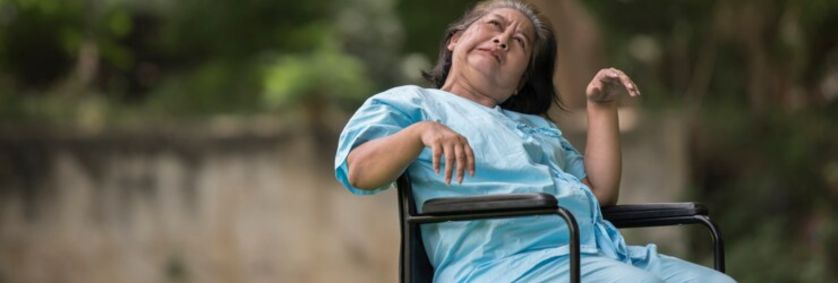Our Blog

Four Barriers That Can Hinder The Creation Of An Inclusive Society For PWDs?
The idea of an inclusive society is quite well-known and talked about in the Western world. The idea of inclusive society indicates the idea of creating a society where everyone despite their race, religion, caste, creed, sexuality, and disability will be treated in the same manner. Thus, everyone will get the same opportunity to access all spaces, attain education and get similar job opportunities. No one will be discriminated against based on their difference. It is the idea of creating an umbrella society, where people despite their differences are welcomed.
The non-governmental Indian organizations working for persons with disability also try to achieve this field. They conduct various workshops, and campaigns, lobby for policies and champion their rights to help people with disabilities assimilate with society easily. But some hurdles acts as a barrier to stopping these attempts, such as:
The Gross Lack Of Responsibility:
While the non-governmental Indian organizations try to conduct campaigns that can sensitize the behaviour towards people with disabilities, it is not enough. In a busy schedule, people often forget to keep a check on their behavior. Thus, it is the collective responsibility of society to fight for change and to take individual efforts and actions to make everyone around you inclusive, regardless of gender, caste, colour, age, income, class, appearance, or disabilities, and to believe in the notion of "oneness."
Infrastructural Limitations:
Alone preaching the idea of inclusive society will not make a difference unless backed by infrastructural changes. Non-governmental Indian Organization working for people with disabilities stresses creating infrastructural changes in all spaces to make them more inclusive for everyone. Making buildings, railway stations, schools and colleges wheelchairs accessible helps people to easily access all spaces. These are some of the many infrastructural changes that need to be done to create a truly inclusive society where everyone feels welcomed.
Prejudice:
Another barrier to inclusivity is having a different viewpoint or viewing people differently than ourselves and so treating them differently or having a different attitude/mindset towards them. Having this perspective will only result in the expansion of such obstacles. This mentality is the result of various prejudices and preconceptions from one's history. Making the other person feel included is a joint obligation in which everyone should play an equal role. Every individual has the right to be treated equally, and breaking down this disparity is another step towards inclusivity. People with disabilities have the right to be treated equally and as individuals. This is another huge barrier identified by non-governmental Indian organizations working for people with disabilities that stands in the way of creating a good community.
Institutional Barriers:
This barrier refers to policies or any regulation or legislation that discriminates against people. Inclusiveness does not imply building a separate school for children with impairments but rather making school campuses accessible to persons with disabilities. Though reservations are a sort of positive discrimination, separating a group of individuals creates hurdles to inclusion.
These are some of the barriers that act as hurdles in the creation of an inclusive society. However, NGOs for disabilities rallies for an inclusive society. Thus, Non-governmental Indian organizations working for people with disability tries their level best to address these hurdles and work around them to create an inclusive society that welcomes everyone despite differences.
SHARE THIS
Leave a Comment
Latest Articles
-
What are the Challenges and Opportunities in Educa......
26th Nov, 2024 -
Effective Strategies the NGOs Adopt For Persons Wi......
18th Sep, 2024 -
How Do NGOs Proceed For CBR Through Community Mobi......
17th Sep, 2024 -
How Do NGOs For the Physically Disabled Support Th......
07th Jun, 2024 -
How NGOs Help Elevate The Condition Of PWDs?
18th Mar, 2024






